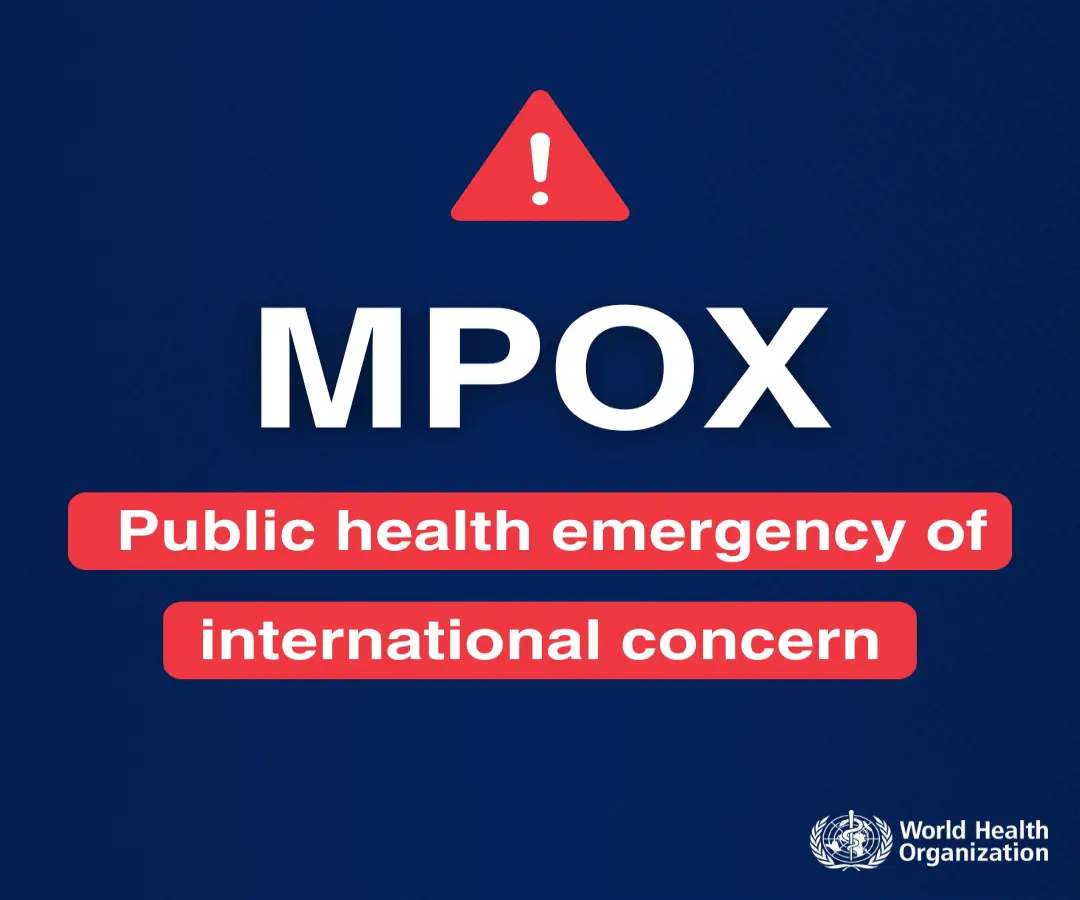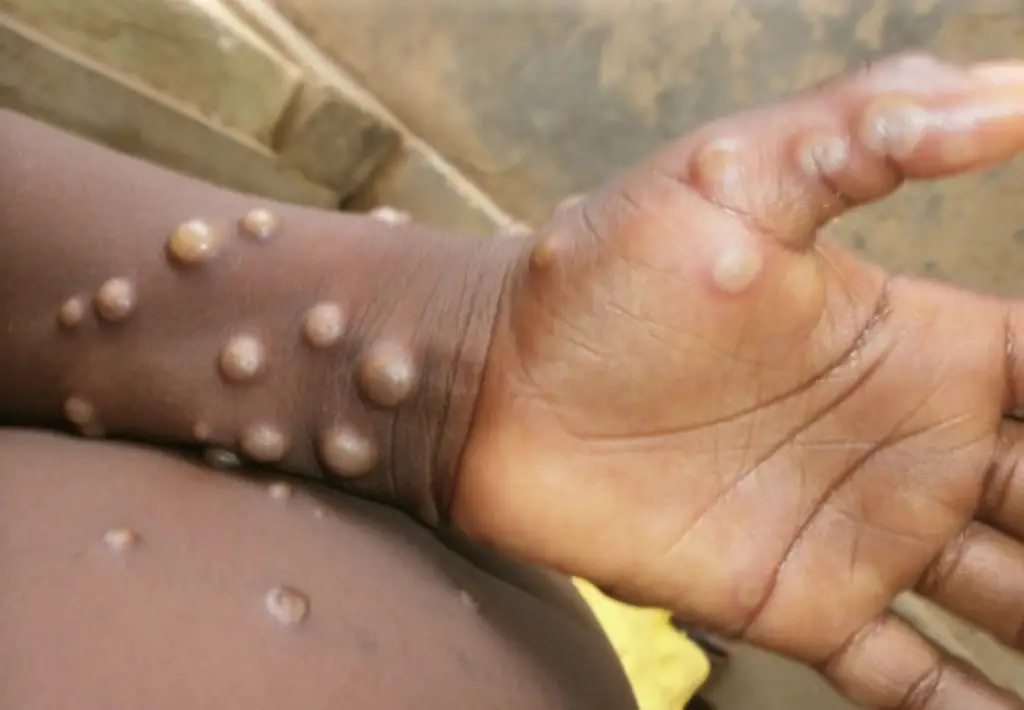Mpox in the U.S. has become a focal point of public health efforts as the government ramps up preparedness in response to the rising global cases.
With the World Health Organization (WHO) recently declaring mpox a global health emergency, the U.S. has intensified its actions to ensure that the country is ready to handle any potential outbreaks, particularly as cases surge in Africa and beyond.
While concerns about the spread of mpox in U.S. schools and communities have been raised, public health experts, including Christina Hutson, head of the poxvirus and rabies branch at the CDC, have assured the public that the risk of widespread transmission leading to school closures is low.
“With mpox, you actually can see the lesions on somebody. Unless you’re directly touching them, you’re not going to get infected,” Hutson explained to NBC News, distinguishing mpox from airborne viruses like COVID-19.
However, experts like Neil Maniar, director of Northeastern University’s master of public health in urban health program, warn that there is a “solid likelihood” that clade I mpox could spread to the U.S. Given the global nature of travel and migration, this possibility has prompted the Biden-Harris Administration to establish a coordinated response structure across federal agencies, focusing on the more severe clade I strain of mpox, which is currently circulating in Central and Eastern Africa.
U.S. Takes a Global Leadership Role
Beyond domestic preparedness, the U.S. has also taken a leading role in the global response to mpox. The United States Agency for International Development (USAID) and the Centers for Disease Control and Prevention (CDC) have committed millions of dollars in aid to help Central and Eastern African countries combat the outbreak. This support includes the donation of 50,000 doses of the FDA-approved JYNNEOS vaccine to the Democratic Republic of the Congo (DRC), where the outbreak is most severe.
Daniel Kuritzkes, the Harriet Ryan Albee Professor of Medicine at Harvard Medical School, highlighted that the origins of the 2022 global mpox outbreak trace back to Africa, where mpox has been endemic for decades. He pointed out that the rise in cases in the DRC and neighboring countries should be a concern for everyone, noting, “We are a globally connected community through travel and migration.” The clade I strain, which is more virulent than the clade II strain responsible for the 2022 outbreak, has shown concerning trends, especially in children and adolescents under 15. Kuritzkes added that while the primary route of transmission is close person-to-person contact, sexual contact, particularly among men who have sex with men, has emerged as a new transmission pathway for clade I.
Despite the concerns, Michelle Taylor, director and health officer of the Shelby County Health Department in Memphis, Tennessee, emphasized that the risk of mpox leading to widespread disruptions in the U.S. is minimal. “There is no evidence that the virus is mutating or spreading in a way that would prompt school closures,” she said, reinforcing the belief that the U.S. is well-prepared to manage the situation.
Preparedness at Home and Abroad
On the domestic front, the U.S. is leveraging its existing surveillance systems and expanding diagnostic testing capabilities to detect and manage any potential mpox cases. Wastewater testing and robust diagnostic frameworks, developed during the ongoing clade IIb outbreak, are key components of this strategy. These measures ensure that the U.S. is ready to rapidly respond should clade I mpox emerge within its borders.
Kuritzkes also noted that pox viruses, being DNA viruses, are less prone to mutations compared to RNA viruses like HIV or COVID-19. However, he cautioned that high transmission rates could still lead to the emergence of rare variants, which might challenge existing immunity from past exposure or vaccination.
The Biden-Harris Administration continues to promote mpox vaccination, particularly among at-risk populations, to prevent the spread of both clades of the virus. Those who have already received the JYNNEOS vaccine or have recovered from clade IIb mpox are expected to have protection against clade I mpox.
As the global community faces the challenge of containing mpox, the U.S. remains committed to protecting public health and ensuring that the nation is ready for any eventualities. Through its proactive domestic measures and leadership in global health efforts, the U.S. is playing a critical role in managing the mpox threat.









